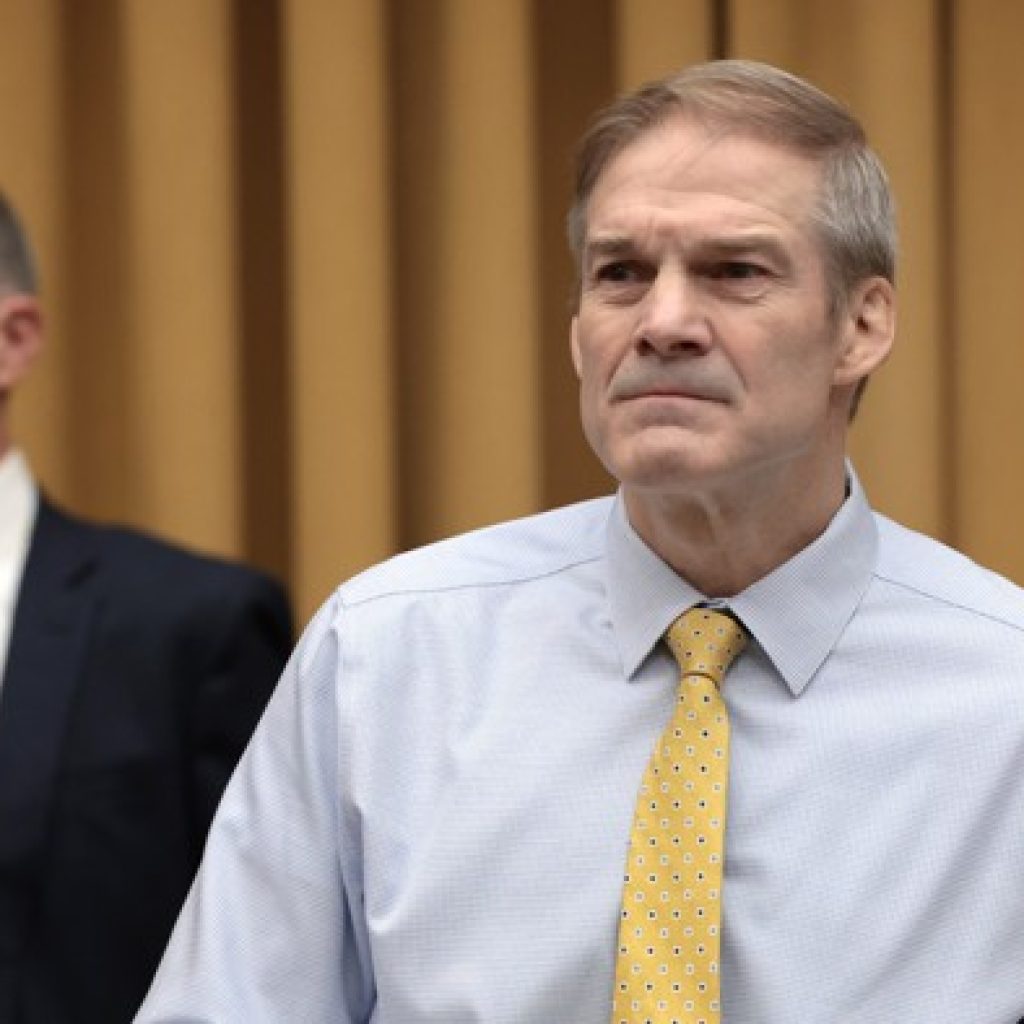In a groundbreaking move, OpenAI, backed by Microsoft, has taken decisive action by suspending the developer responsible for creating Dean.Bot, an artificial intelligence (AI) tool mimicking Democratic presidential hopeful Congressman Dean Phillips. The ban comes in response to the alleged misuse of OpenAI’s ChatGPT technology in a political campaign, marking the first instance of the organization intervening in such matters. OpenAI’s decision reflects its commitment to enforcing API usage policies, particularly those prohibiting political campaigning and unauthorized impersonation.
The ban and violation of policies
Microsoft-backed OpenAI’s decision to ban the developer of the Dean.Bot AI marks a significant step in addressing the potential misuse of advanced AI tools in the political landscape. The action was taken in accordance with OpenAI’s API usage policies, which explicitly forbid political campaigning and the impersonation of individuals without proper consent. This move signals OpenAI’s commitment to maintaining ethical standards and preventing the manipulation of AI technology for political gains.
The Washington Post’s report sheds light on the intentional violation of OpenAI’s guidelines by the developer, prompting the removal of their account. The spokesperson for OpenAI, in a statement to Reuters, emphasized the developer’s knowing breach of API usage policies, underscoring the seriousness with which OpenAI views the unauthorized use of its technology in political campaigns. This incident not only sets a precedent for OpenAI but also raises questions about the responsibility of AI developers and the need for clear boundaries in the use of AI tools, especially in sensitive areas like politics.
The origin and financing of Dean.Bot
Dean.Bot, powered by OpenAI’s ChatGPT, emerged as a creation of Silicon Valley entrepreneurs Matt Krisiloff and Jed Somers. The duo, advocates for Democratic presidential hopeful Congressman Dean Phillips, took their support to a new level by establishing a super PAC named We Deserve Better. The super PAC, a political action committee, received substantial financial backing, with billionaire hedge fund manager Bill Ackman contributing a noteworthy $1 million, marking it as one of the largest investments Ackman has made in a political campaign.
The genesis of Dean.Bot and its association with We Deserve Better raises questions about the evolving landscape of political campaigning and the role of AI in shaping electoral narratives. As technology intersects with politics, the source and nature of financial support for such ventures come under scrutiny. The unprecedented investment by Ackman, coupled with the utilization of AI technology, adds a layer of complexity to the ethical considerations surrounding political campaigns in the digital age.
The role of delphi and suspension
We Deserve Better, the super PAC behind Dean.Bot, contracted with AI start-up Delphi to develop and implement the AI tool. OpenAI’s suspension of Delphi’s account underscores the organization’s firm stance on preventing the use of its technology in political campaigns. Delphi, responsible for building Dean.Bot, faced the consequences of violating OpenAI’s rules, with the account suspension occurring late on a Friday.
The suspension of Delphi’s account not only serves as a disciplinary measure but also raises questions about the responsibilities of AI development firms when engaging in political projects. The immediate takedown of Dean.Bot by Delphi post-suspension highlights the swift action taken in response to OpenAI’s decision. As the incident unfolds, the absence of comments from We Deserve Better and Delphi leaves room for speculation on their perspectives and potential responses, adding an element of uncertainty to the aftermath of OpenAI’s intervention.
As the dust settles on this unprecedented development, questions arise about the potential implications of AI in political campaigns and the ethical considerations surrounding its usage. The incident raises concerns about the intersection of technology and politics, prompting us to ponder the boundaries and consequences of deploying advanced AI tools in electoral processes. How should the regulatory landscape adapt to ensure responsible AI use in political contexts, and what safeguards must be put in place to prevent future controversies?





